
Rats are a common pest found worldwide. They are known for spreading diseases and causing property damage. Nevertheless, few people are familiar with the various sounds produced by rats. Do rats make noise when trapped? Understanding these noises can help identify the presence of a rat infestation and take the necessary measures to control it.
Rats are social animals and communicate with each other through a variety of rat sounds. One of the most common sounds rats make is squeaking. Squeaking can be heard when rats communicate with each other or are scared or afraid, resulting in a loud squeak. Rats also make chattering sounds, which are often heard when they are excited or agitated. These sounds are made by grinding their teeth together.
Apart from squeaking and chattering, rats make different sounds, such as scratching and scurrying. These sounds are heard when rats move around and climb on surfaces. The sounds of rats in attics or walls, indicative of gnawing and chewing, can be particularly disturbing. Homeowners can take necessary actions to prevent rat infestations and protect their property by understanding the different noises that rats make.
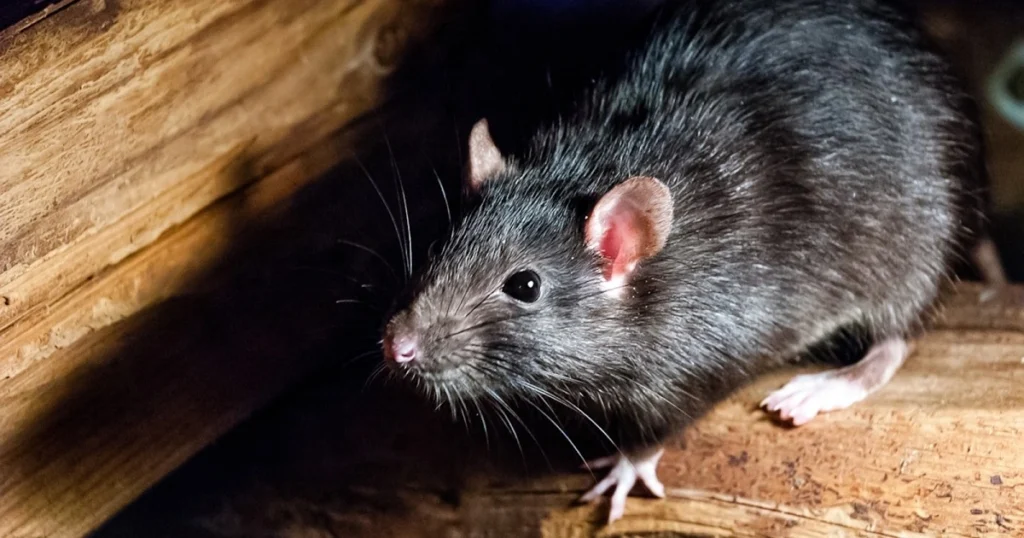
Rats are often encountered in residential and commercial structures. They are notorious for their capacity to inflict damage to property and disseminate diseases. Do rats make noise when trapped in these structures? As they are nocturnal animals, hearing rat noises at night is common. Rats can be heard scurrying around, gnawing or chewing on things, and making noises.
One usual noise that rats make is a scratching or scurrying sound. This is because they are constantly on the move, searching for food sources and shelter, so if you hear rustling or hear scratching coming from places like attics or walls, you may be living with one of these rodents while they build nests out of nesting materials such as shredded paper. Rats are also known to make squeaking and chattering noises, especially when they are communicating with each other.
Another sound rats make is a chewing or gnawing sound. This is because their strong teeth can gnaw through almost any material, including plastic, wood, and even electrical wires, which they can confuse with the material with which they build nests. Gnawing rats can cause significant property damage and increase the risk of electrical fires.
In addition to the physical damage they cause, rats can also carry diseases like salmonella, hantavirus and rat bite fever. These illnesses can be contracted through rat droppings, urine, or saliva exposure. Thus, it is crucial to implement measures to prevent and manage rat infestations.
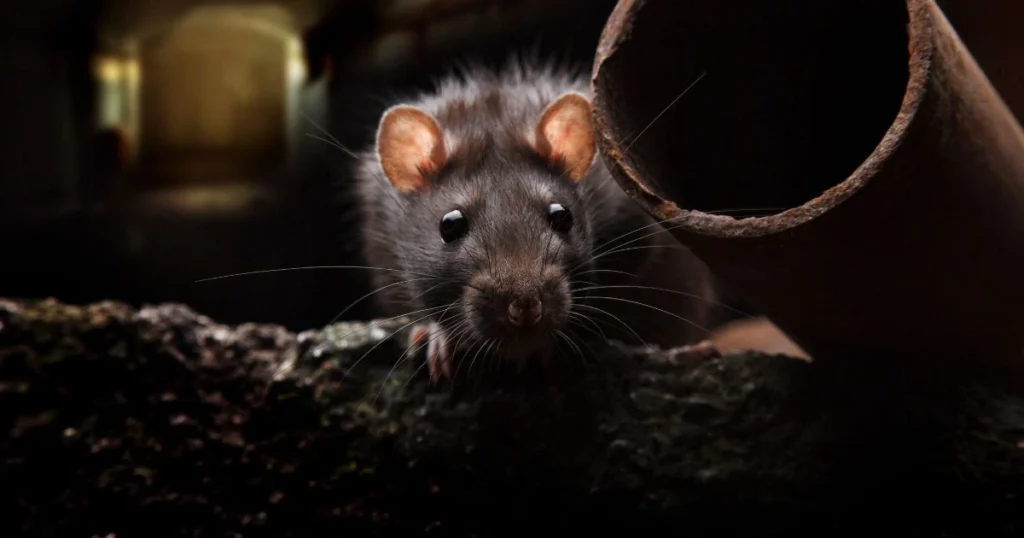
As we try to learn if do rats make noise when trapped, we recognize that a rat sound is crucial for effective rodent management. By identifying the rat sounds, homeowners and pest control professionals can determine the severity of the infestation and take appropriate action.
They produce a variety of noises that can be heard throughout the night. These rat sounds can determine the number of rats in the area, their location, and their behavior alongside other signs of rat infestations such as rat droppings.
By recognizing a rat sound, homeowners can take preventative measures to keep rats out of their homes. For example, if rat sounds are heard in the attic, homeowners can seal any openings to prevent rats from entering. Additionally, homeowners can set traps where rats are known to be present.
Pest control professionals can also use rat noises to manage infestations effectively. By listening for rat sounds, they can determine the severity of the infestation and take appropriate measures to eliminate the rats. These may include setting traps, using rodenticides, or sealing entry points.
In summary, do rats make noise when trapped? They likely do, and recognizing a rat sound is essential for effective rat management. Homeowners and pest control professionals can take appropriate action to prevent and eliminate rat infestations by identifying rat sounds.
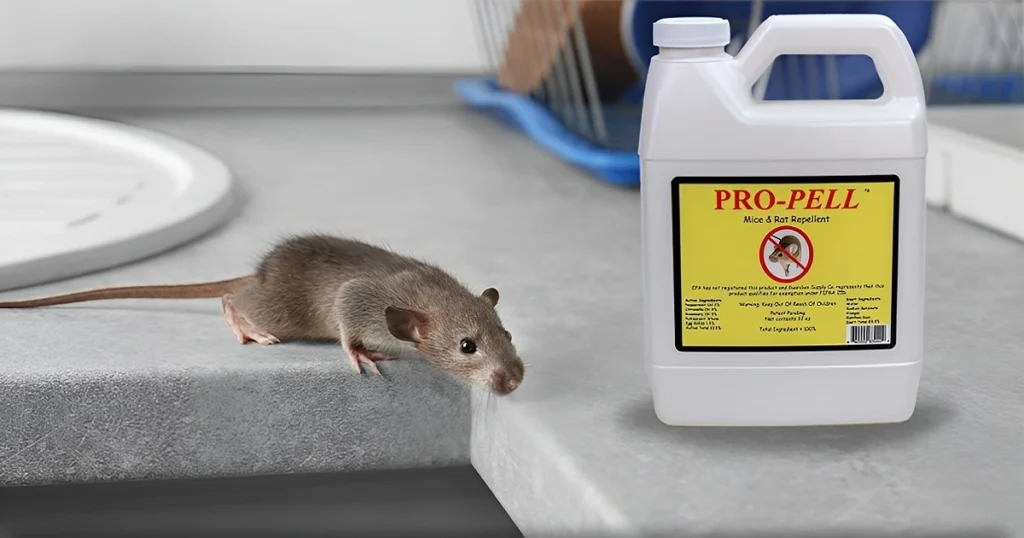
Rats are highly social animals that use various forms of communication to interact with their environment and other rats. Rat communication involves both vocal and non-vocal sounds, as well as body language. Understanding the basics of rat communication is crucial for anyone who wants to keep rats as pets or study their behavior.
Rat noises help them to communicate with each other, as well as to interact with their environment. They emit a wide variety of vocalizations, including chirps, squeaks, and chattering sounds. They also use non-vocal sounds, such as teeth chattering, to communicate.
Rats sounds also help them navigate their environment. They emit ultrasonic vocalizations that bounce off objects and help them map out their surroundings. This is especially important for rats that live in dark environments, such as burrows.
Rat noises can be both vocal and non-vocal. Almost all rat vocalizations include chirps, squeaks, and chattering sounds. Rats also communicate with non-vocal sounds, such as teeth chattering and foot stomping.
In addition to vocalizations, rats use body language to communicate. They utilize their tails, ears, and whiskers to communicate information. For instance, a rat sensing danger may puff up its fur and arch its back to seem larger.
Rats emit both ultrasonic and audible sounds. Ultrasonic sounds are high-pitched sounds that are above the range of human hearing. Rats use ultrasonic sounds to communicate with each other and navigate their environment.
Audible rat sounds are sounds that humans can hear. Rats communicate with audible sounds, such as loud squeaks and chirps. The frequency range of rat noises is important because it determines who can hear the sounds. For example, ultrasonic sounds are only audible to animals with sensitive hearing, such as bats and dogs.
Overall, understanding rat communication and what rats sound like is crucial for anyone who wants to keep rats as pets or study their behavior. By learning about the different types of rat noises and body language, you can better understand what your pet rat is trying to tell you.
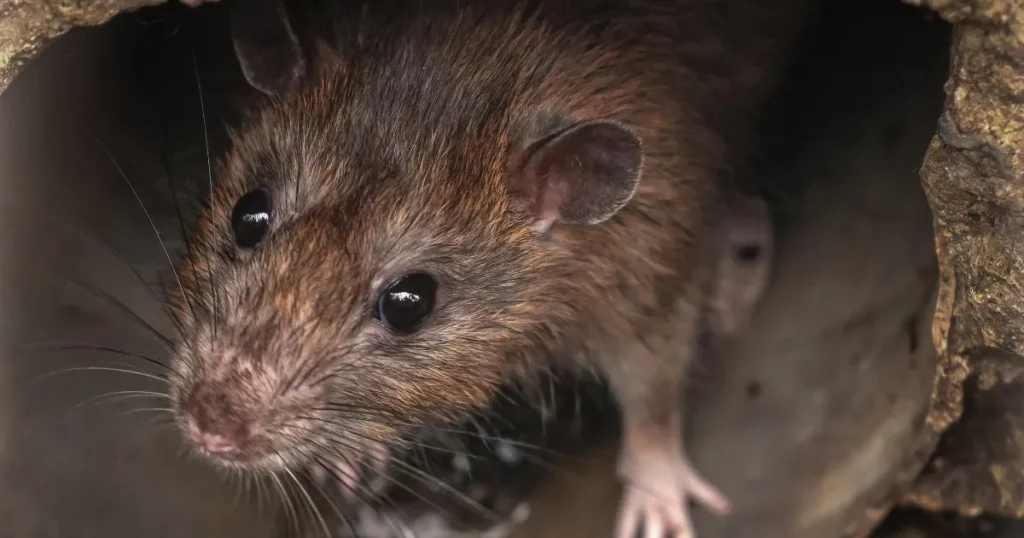
Rats are social animals that communicate with each other using a variety of vocalizations. Understanding a rat sound can help rat owners better understand these rodents' behavior. Here are some of the most common rat vocalizations:
Squeaks and chirps are high-pitched rat sounds that they use to communicate with each other. These rat sounds can be heard during social interactions, such as play or grooming, or they can be used as alarm calls or to express discomfort. You may also hear squeaks and chirps when a rat is trying to locate another when they are separated.
Most rats grind their teeth bruxing and chattering. This is a sign of contentment, such as when an individual rat is petted or held. However, rats may also brux and chatter when they are stressed or anxious.
Hissing and growling are aggressive rat sounds that they make when they are in territorial disputes or feel threatened. These sounds are rare compared to other rat vocalizations, as male rats won't usually fight, and they are usually accompanied by other aggressive behaviors, such as puffing up their fur or baring their teeth.
Ultrasonic vocalizations are high-pitched rat noises that are inaudible to human ears. These rat sounds are used in communication between rats, especially in mating or social bonding. These rat sounds can be detected through specialized equipment.
In conclusion, understanding rat sounds can provide insight into their behavior and help rat owners better care for their pets. Understanding these sounds enables rat owners to communicate effectively with their pets and furnish a more stimulating environment for them.
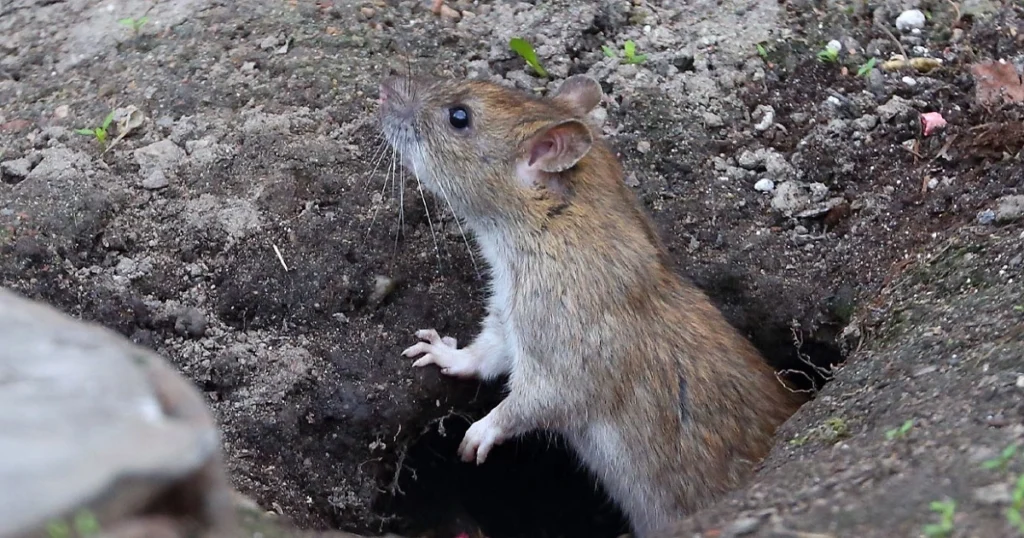
Rats are primarily nocturnal beings, displaying heightened activity levels during the night. They are known to make various noises that can be used to identify their presence. This section will cover the different rat sounds and what they indicate.
Scratching noises and a gnawing sound are some of the most common noises that rats make. These rat sounds are indicative of rats chewing on materials for nest building or food access. Rats possess robust teeth and can gnaw through an array of materials, including wood, plastic, and even metal. This can lead to property damage, which is why it is important to identify and eliminate rats as soon as possible if you hear loud scratching.
Some of the potential signs of property damage caused by rats include chewed wires, gnawed furniture, and holes in walls or ceilings. Homeowners must be aware of these signs and listen for scratching and gnawing sounds to identify the presence of rats.
Scampering and thumping rat sounds indicate rats moving around inside walls or ceilings. The patterns of these sounds can also indicate the size of the infestation. For example, a large infestation may produce louder and more frequent sounds, while a smaller infestation may produce quieter and less frequent sounds.
Homeowners should listen for these sounds when rats are most active at night. If the sounds are coming from inside walls or ceilings, a professional pest control company may be necessary to eliminate the infestation.
Nesting rat sounds are soft rustling sounds associated with bedding material movement. These sounds can be heard when rats build their nests or move around inside them. Juvenile rats may also produce squeaks while in the nest.
Homeowners should listen for these sounds in areas where rats are likely to build their nests, such as attics or crawl spaces. Identifying the location of rat nests can help in the elimination process.
In conclusion, rats make various noises that can be used to identify their presence and activities. Homeowners should be aware of these noises and listen for them during the night when rats are most active. If rats are identified, it is important to eliminate them as soon as possible to prevent property damage and health risks.
A prevalent indicator of a rat infestation is the detection of their sounds. Given that rats are A prevalent indicator of a rat infestation is the detection of a rat sound. Given that rats are nocturnal creatures, their highest activity levels occur during the night. If you discern scratching, gnawing, or squeaking emanating from your walls, ceilings, or floors, it may indicate the presence of rats. Additionally, rats often produce rustling sounds while foraging for food.
It is important to differentiate rat sounds from other rodents or animals, as they may require different control methods. For example, mice make similar sounds to rats, but their noises are generally lighter and faster. Squirrels, on the other hand, make a lot of noise when they run around in attics or crawl spaces, but they are diurnal animals, so they are active during the day.
You likely have a rat infestation if you hear rat noises consistently for several nights in a row. Rats are social animals, so they tend to live in groups. If you hear noises coming from different parts of your home, it is a sign that you have multiple rats in your space.
In summary, diagnosing rat problems through rat sounds is an effective way to identify an infestation. You can determine whether you have rats in your home by listening for scratching, gnawing, and squeaking sounds. It is important to differentiate rat sounds from those of other rodents or animals and take action quickly to prevent the problem from escalating.
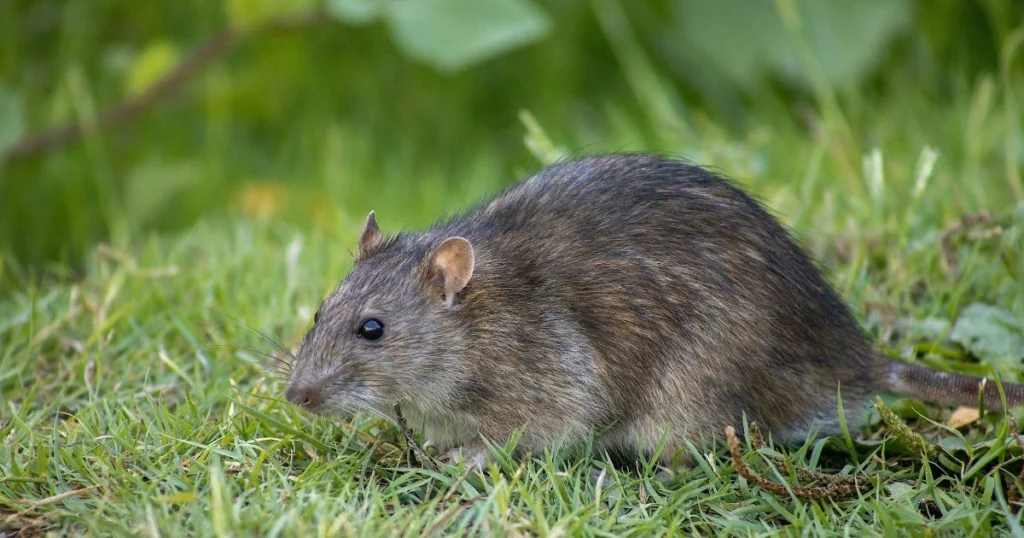
Rat infestations pose a significant challenge for homeowners, particularly when accompanied by noise disturbances. Besides being bothersome, rat noises may signify a more extensive infestation. Thankfully, homeowners have various strategies to tackle both rat infestations and associated noise issues.
When it comes to rat control, several professional and humane approaches can be taken, and the best option is to hire a rat control professional. These professionals will use a variety of methods, such as traps and baits, to remove rats from the home.
Another option is to use humane traps to catch and release rats. Such traps are crafted to capture rats without causing harm, enabling homeowners to release them back into their natural habitat. However, it is important to note that releasing rats into the wild can be illegal in some areas.
Sound-based deterrents are another option for homeowners looking to address rat infestations and noise complaints. These devices emit high-frequency sounds aimed at deterring rats. Although some homeowners claim success with these devices, scientific evidence supporting their effectiveness is limited.
Preventing rat infestations in the first place is the best way to avoid noise complaints. Homeowners can take several steps to prevent rats from entering their homes, such as sealing up any gaps or holes in the walls or foundation, keeping food in sealed containers, and keeping the home clean and free of clutter.
If rats are already present in the home, homeowners should immediately remove them. This could entail setting traps or enlisting the services of a rat control professional. Moreover, homeowners should remain vigilant for signs of a rat infestation, such as droppings or gnaw marks, and promptly take action upon detection.
In conclusion, rat infestations and noise complaints can seriously affect homeowners. However, with the right approach, they can be effectively addressed. Homeowners should consider professional and humane approaches to rat control, sound-based deterrents, and prevention and response tips to keep their homes rat-free and quiet.
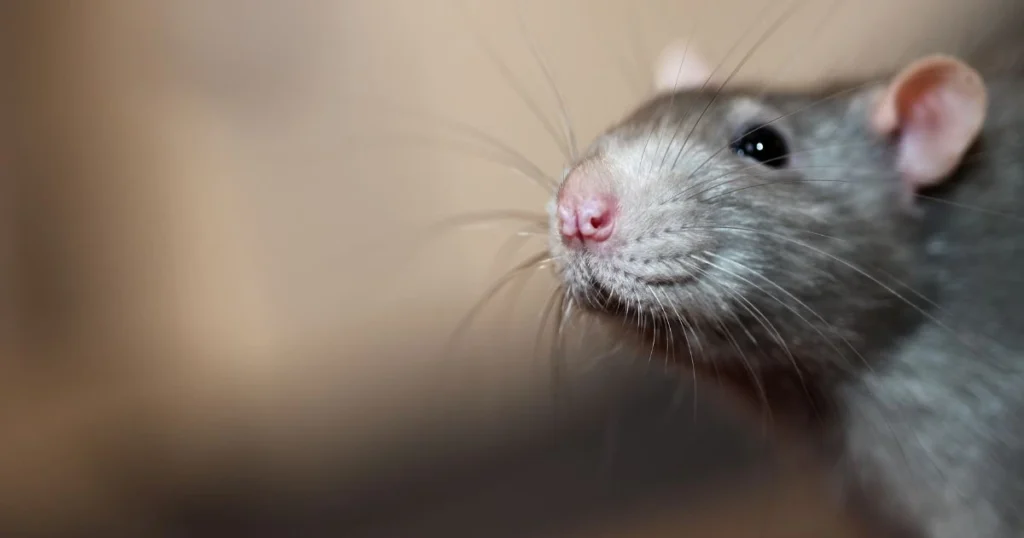
So, do rats make noise when trapped? Throughout this piece, we've delved into the various noises produced by rats and their importance. Rats are known to produce a variety of sounds, including chattering, squeaking, hissing, and gnawing. These sounds can indicate different things, such as communication, aggression, or simply the presence of rats in your house.
Paying attention to these noises is crucial as they can help you know if you are dealing with a rat infestation. By taking action promptly, you can prevent the rats from causing further damage to your property and potentially spreading diseases.
If you suspect that rats are in your home, it is crucial to take action immediately, and rat control is your best bet. Critter Stop is a professional pest control company specializing in rat control and prevention. With our expertise, we can provide a quick solution to get rid of rats safely and effectively.
Don't wait until the rat infestation becomes a bigger problem. Contact Us at (214) 234-2616 today to schedule a consultation and take the first step towards a rat-free home.
Rats, being nocturnal creatures, exhibit peak activity during the night. Common auditory indicators of their presence include scratching or scurrying noises within walls, ceilings, or floors. Additionally, one might discern gnawing or chewing sounds as rats attempt to access food or water sources.
Rats are capable of producing a variety of sounds, including squeaks, chirps, and even ultrasonic vocalizations that are beyond the range of human hearing. They use these sounds to communicate with each other and establish dominance within their social hierarchy.
When rats are distressed or trapped, they may emit high-pitched squeaks or screams. These vocalizations are a sign of distress and may be accompanied by frantic movements or attempts to escape.
Rats may squeak for a variety of reasons, including to communicate with other rats, establish dominance, or express distress. Baby rats may also squeak to signal their need for food or attention from their mother.
Clicking or scratching sounds may indicate the presence of rats, but they are not necessarily a definitive sign of an infestation. It is important to look for other signs, such as bite marks, feces, gnaw marks, or evidence of nesting.
Rats are capable of producing a wide range of sounds, including squeaks, chirps, and ultrasonic vocalizations. They use these sounds to communicate with each other and establish dominance within their social hierarchy. When distressed or trapped, rats may emit high-pitched squeaks or screams as a sign of distress.
Visit our Critter Library and learn more about our furry friends